AstraZeneca Covid-19 vaccine weaker against South Africa strain
A trial finds the vaccine doesn’t appear to protect against mild and moderate illness from the new variant first detected in the country.
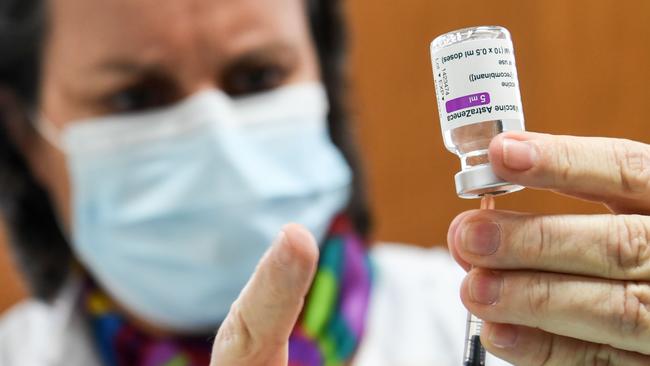
South Africa will halt a planned rollout of AstraZeneca PLC’s Covid-19 vaccine after a small clinical trial found that it doesn’t appear to protect recipients against mild and moderate illness from a fast-spreading new strain of the coronavirus first detected in the country.
The trial, which enrolled around 2,000 volunteers with a median age of 31, was too small and its participants too young to draw broad conclusions on the vaccine’s overall efficacy in protecting against the disease caused by the coronavirus, especially when it comes to hospitalisations or death. However, its findings contribute to concerns that a mutating virus is rendering existing Covid-19 vaccines less effective and that shots will need to be updated to protect against new virus strains.
Of the 39 volunteers in the AstraZeneca trial that were found to be infected with the new South African variant, 19 had received the vaccine, while 20 had received a placebo, said Shabir Madhi, the trial’s principal investigator and dean of the medical school at the University of the Witwatersrand in Johannesburg. Those numbers would imply an efficacy rate of around 10% at protecting against mild and moderate Covid-19 from the new variant, said Dr. Madhi, although he added that the data were too limited to be statistically significant.
After the results were announced, South Africa’s health minister, Zweli Mkhize, said the country would temporarily halt a planned rollout of the vaccine until there was more information on the vaccine’s efficacy. The country had planned to administer a first shipment of one million doses of the vaccine to health-care workers later this month.
Johnson & Johnson and Novavax Inc., whose vaccines have yet to be authorised in any country, have also found that their shots were less effective in recent human clinical trials in South Africa, compared with trials in the US or the UK. But their vaccines were still found to be 50% or more effective at preventing mild or moderate cases of Covid-19 and even more potent at shielding recipients from severe illness and hospitalisation from the new strain.
The Johnson & Johnson trial in South Africa included about 6,500 people while the Novavax one had 4,400.
Witwatersrand University said in a statement that it couldn’t make an assessment of whether the vaccine prevented more severe cases of Covid-19, because the relatively young trial participants were at low risk of falling seriously ill.
Still, Dr. Madhi and University of Oxford scientists who developed the vaccine with AstraZeneca said that, based on the results from other vaccine trials, they were optimistic that their shot would provide protection from severe Covid-19. AstraZeneca and its partners have committed to producing some three billion doses this year, enough to immunize 1.5 billion people and far more than any other manufacturer. More than one billion doses are due to go to low- and middle-income countries. “This study confirms that the pandemic coronavirus will find ways to continue to spread in vaccinated populations, as expected,” said Andrew Pollard, director of the Oxford Vaccine Group at the University of Oxford, in the news release on the trial results. “But, taken with the promising results from other studies in South Africa using a similar viral vector, vaccines may continue to ease the toll on health care systems by preventing severe disease.”
A spokesman for AstraZeneca said the company believes “our vaccine could protect against severe disease.” Like other vaccine makers, AstraZeneca says it is working on updating its shots to target new variants of the virus. It hopes to have a new vaccine ready by the fall.
The South African strain, known as B.1.351, is already responsible for the majority of infections in South Africa and has been blamed for a sharp increase in Covid-19 cases in countries such as Mozambique and Zambia in recent weeks.
Researchers in the US, Canada, Israel and a number of European and African countries have also detected it in positive coronavirus test samples from people without a recent travel history, suggesting it is spreading in the community. In total, it has been identified in 32 countries, and virologists say it is likely to be present in others that don’t do systematic sequencing of positive test samples.
Scientists in South Africa and the UK believe that the B.1.351 strain is about 50% more contagious than earlier versions of the virus based on the much quicker rise in Covid-19 infections during South Africa’s second wave compared with the first and biological studies of changes to the structure of the virus.
South African researchers have said that the B.1.351 variant doesn’t appear to lead to more deaths or more severe cases of Covid-19.
Ravi Gupta, a professor of clinical microbiology at the University of Cambridge who wasn’t involved in the South African AstraZeneca vaccine trial, said Sunday’s results underscored the need to update the current crop of Covid-19 vaccines against the new variants. Still, he said, he expects that the AstraZeneca shots will still provide some protection against the new strain. “We definitely still need to use the vaccines to protect people from severe illness,” he said.
Concern over the South African variant and its impact on vaccine efficacy has centered on a mutation known as E484K. Researchers believe that this mutation makes it harder for antibodies to get a grip on and neutralize the virus.
The same mutation has also been found in a separate variant discovered in Brazil. Researchers in the U.K. said earlier this month that they have found the E484K mutation in a small number of patients infected with another fast-spreading coronavirus variant that is driving infections there.
Jenny Strasburg contributed to this article.
The Wall Street Journal

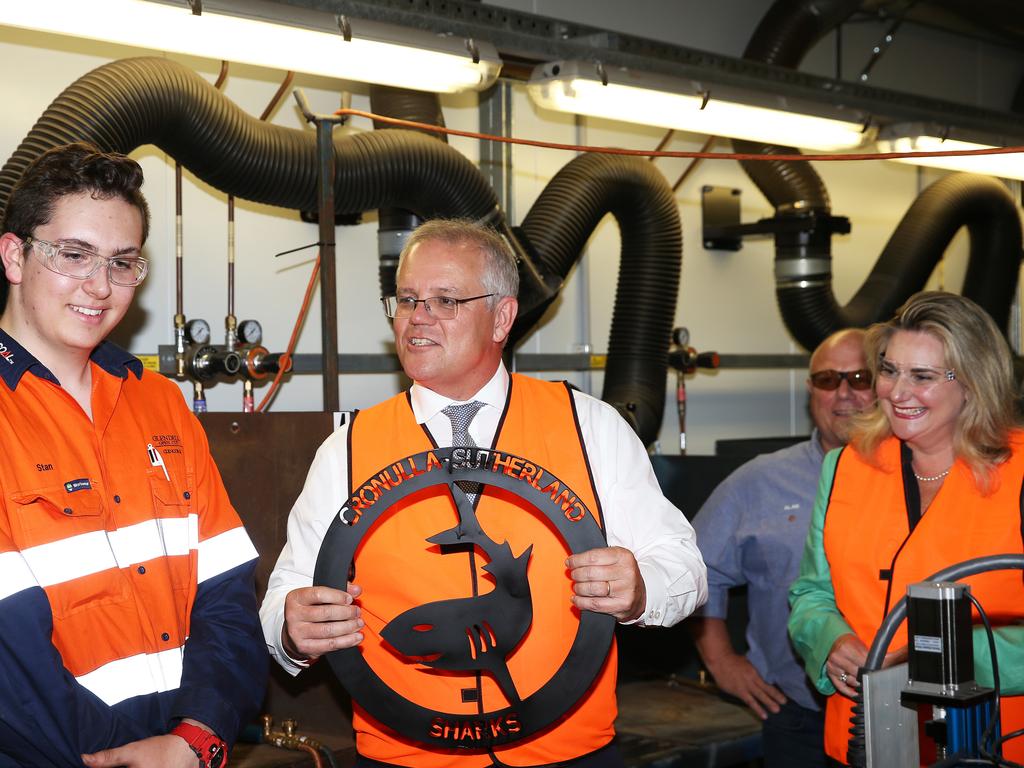
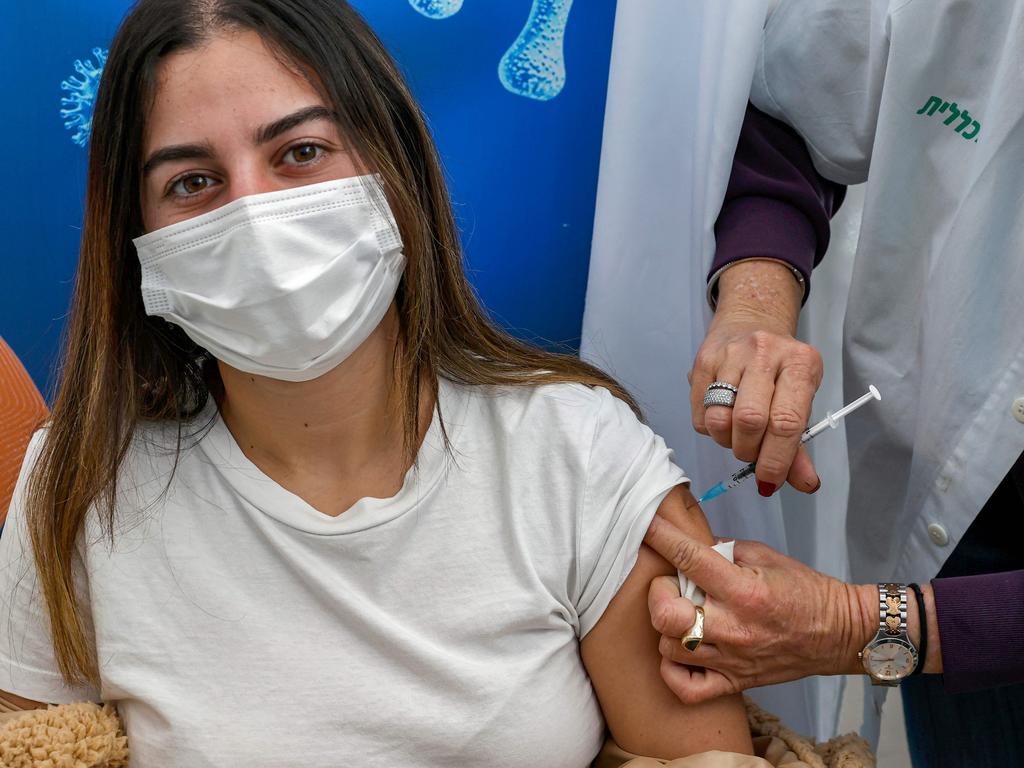
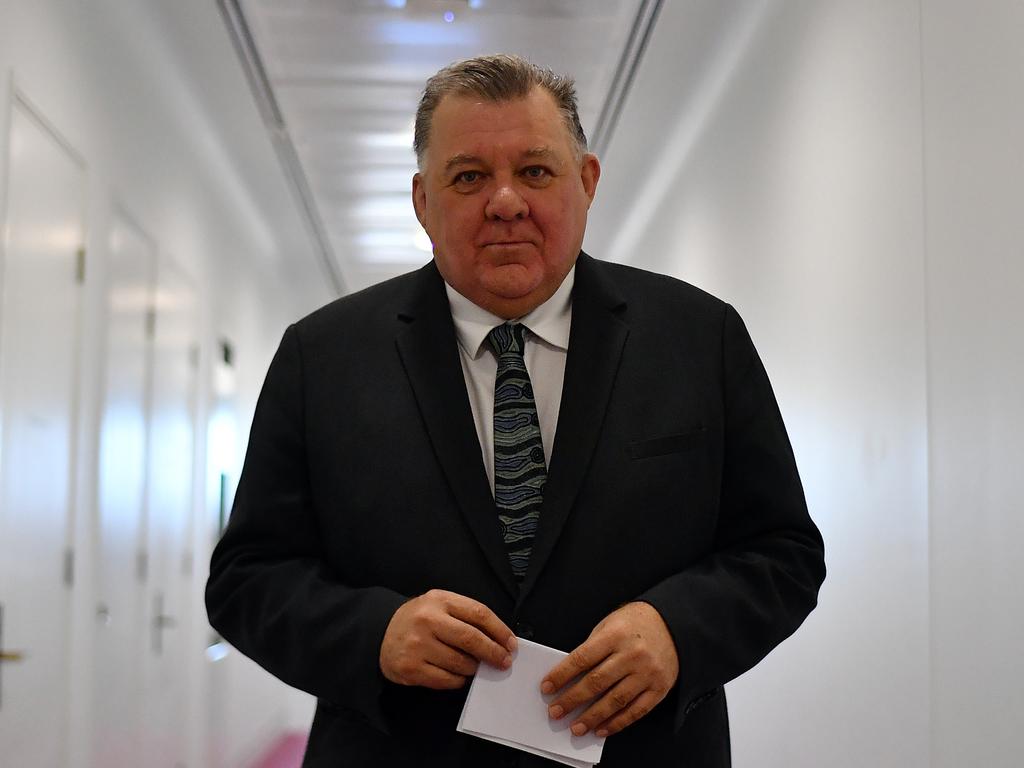
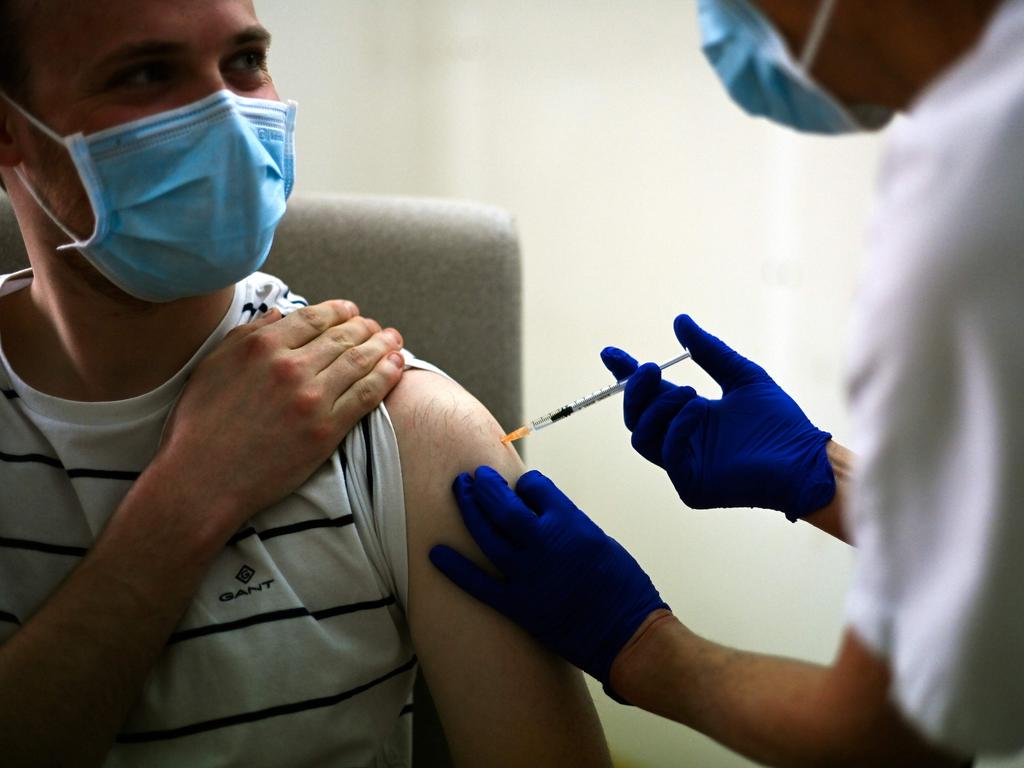


To join the conversation, please log in. Don't have an account? Register
Join the conversation, you are commenting as Logout